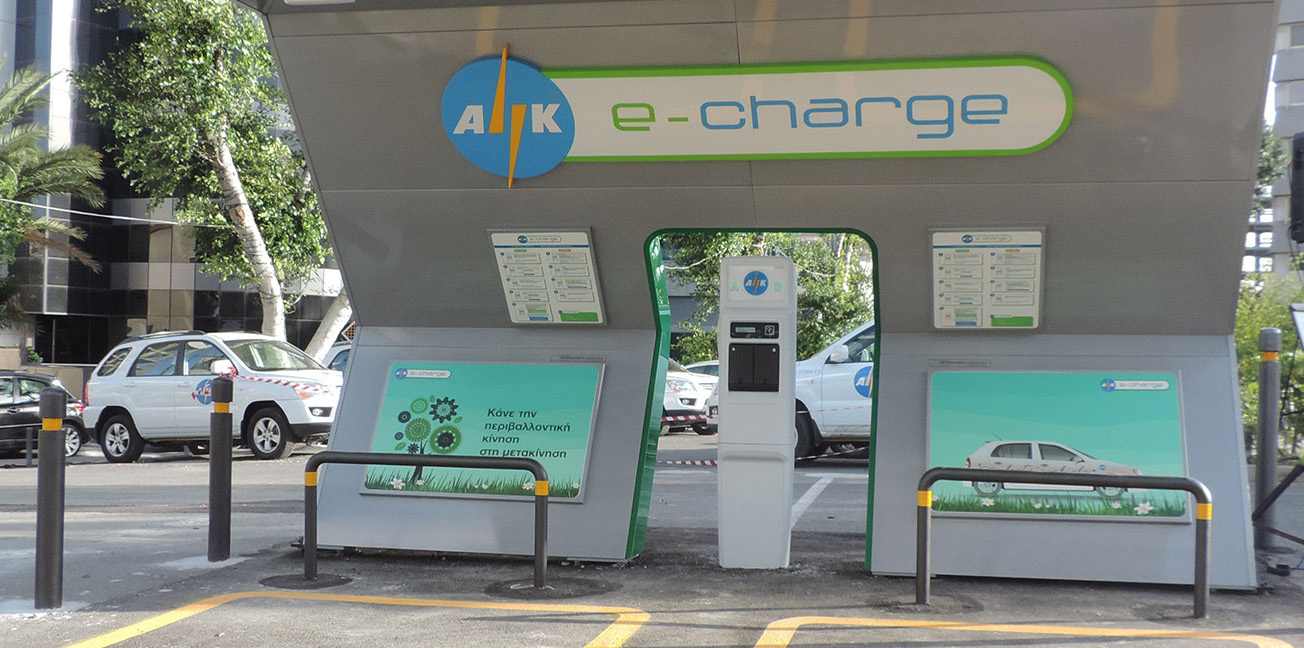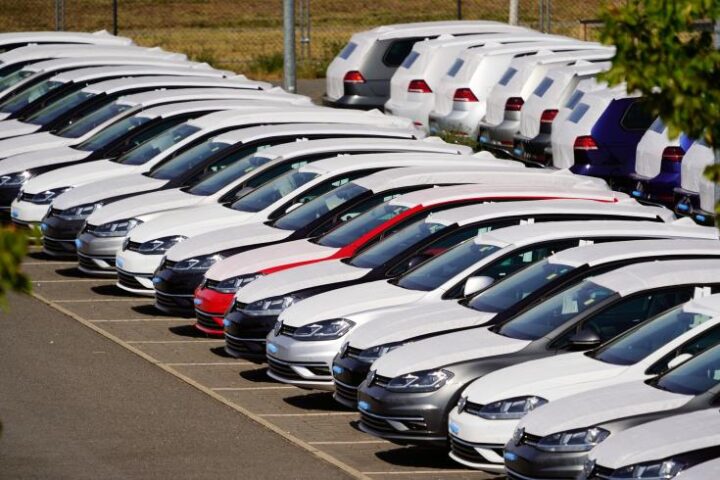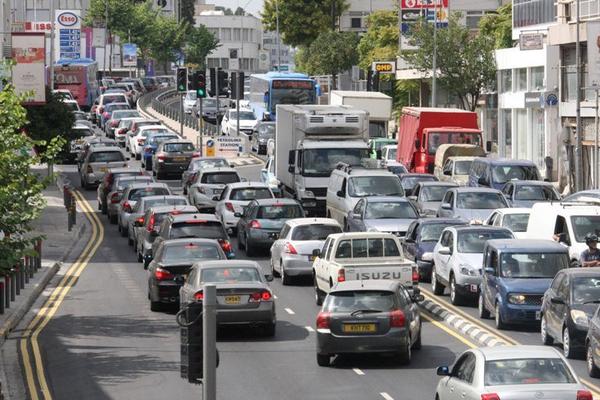The government is moving ahead with the second phase of a €3.7 mln incentive scheme for 1,000 electric vehicle charging stations nationwide while preparing legislation for petrol stations to charge cars.
The government has submitted amendments to the existing legislation on the operation of petrol stations to allow them to participate in the scheme and install EV chargers freely.
The current law restricts petrol stations to the sale of liquid fuel.
According to the explanatory statement accompanying the law change, the purpose is to implement the political decision to install alternative fuel infrastructures that promote the transport sector’s electrification.
In the note, the Transport Ministry states that it proceeded with consultations to install alternative fuels at petrol stations.
It said allowing some 300 petrol stations in Cyprus to install EV charging points will help them recover any losses from transitioning to a carbon-neutral economy.
The scheme is set to be implemented in two phases, with grants for 500 charging stations given at each round.
The first phase had a budget of €1.8 mln.
The second phase will be announced near the end of 2023 for the remaining almost €2 mln.
It is part of the national recovery and resilience plan titled ‘rapid transition to a green economy – sustainable transport.’
Beneficiaries of the scheme include companies, associations, foundations, NGOs, local authorities, and individuals who would like to run a charging station.
The scheme aims to have 1,000 stations up and running by 2026.
Funding reaches up to 50% of installation costs of purchasing and installing the EV charging point, necessary surveys and building permits.
The plan provides for creating six categories of stations, for which the subsidy starts from €1100 for a normal power recharging point and a maximum of €30,000 for a fast-charging point.
According to the European Automobile Manufacturers’ Association (ACEA), a 2022 survey found only 69 charging points across the island, with electric vehicles making up 5.4% of all road vehicles.
The island is fourth from the bottom for charging points compared to its population, above Malta, which has only 13 charging points, Latvia with 660, and Lithuania with 477.
In a recent letter to the government, the Cyprus Economy and Competitiveness Council also noted the absence of infrastructure for charging points.
“The absence of a network of charging stations is an inhibiting factor in promoting electric mobility.
“Expanding the charger network is essential, and government incentives to attract private sector interest in this matter are key,” said the Council.










